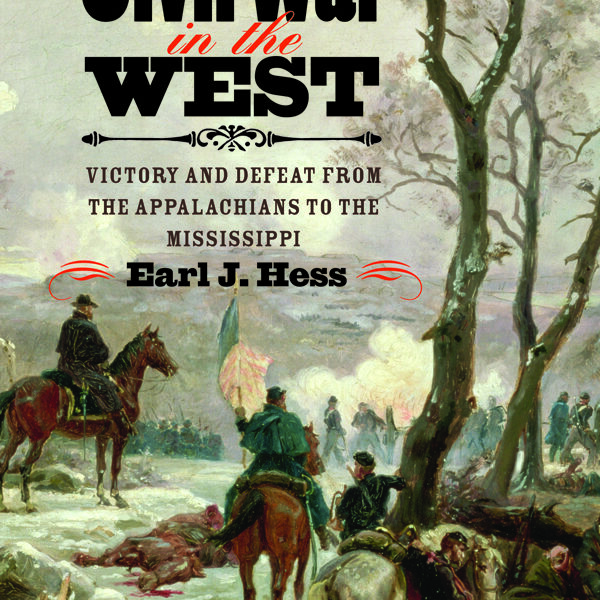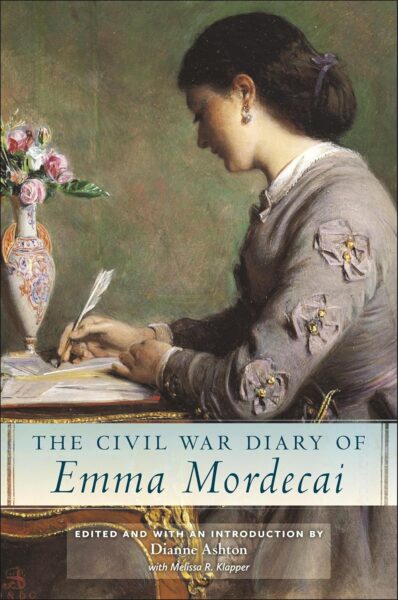In A Punishment on the Nation, Brian Miller presents the nearly two hundred letters of Private Silas W. Haven, a member of the 27th Iowa Volunteer Infantry. Haven, born in Vermont, lived in Pennsylvania and Illinois before finally settling in Rockford, Iowa, with his wife Sarah Jane Knapp and children. According to Miller, “Haven fought for his family, a religious rebirth in America, and a patriotic desire to support the idea of a nation rid of the sin of slavery” (4). He lived in Vermont until age twenty-one, which clearly shaped his political opinions. Haven was a man driven by his own moral compass, and Miller argues convincingly that his primary motivation for enlisting in the Union army was this deep hatred for the institution of slavery and the moral degradation it wrought within the nation. Miller presents this important collection of letters from an antislavery soldier with care.
While Haven’s political views provide a viable window for scholars interested in soldier motivations, they do not provide the same internal human exploration of the combat experience. Haven was not tested by battle as frequently as many Union soldiers, which may, in part, explain his continued idealism about the cause for which he fought. His primary activity in his three years of Union service was in the Red River Campaign and Mobile actions in 1864 and 1865 and passive counter-guerrilla operations, including protecting railroads around Memphis, Tennessee. Scholars interested in these actions will find this correspondence useful.
Haven’s letters capture the daily life of camp in a western theater regiment. His correspondence is also filled with discussions of faith and family. He remains concerned about the welfare of his two daughters, Ella and Kitty, and son Emmett, in his correspondence with his wife Sarah, who he called “Jane.” His deep concern over local politics, his church family, and his home community in Iowa drive many of his letters. For scholars interested in northern soldiers and their relationship to fatherhood, these letters are a wonderful source. He is sensitive to the boredom and problems of everyday camp life, including his health and welfare. Haven does not, however, demonstrate the same combat motivations that drove soldiers in other conflicts. Fighting to support your messmate, as many warriors have after the initial enlistment idealism wore off, did not appear to drive Haven; he seemed more focused on ideological motivations, including his belief that slavery was a moral problem for the nation. As Civil War historians move toward rebuilding the inner world of soldiers, exploring how they thought as opposed to simply surveying what they thought, Haven’s letters present another valuable window.
Miller has done a fine job of editing and analyzing the collection. Perhaps the most important addition this work makes to the published letter collections of Union soldiers is its Iowa connection, which is an under explored area of the Civil War North. Midwestern soldiers made up the backbone of the western theater Union armies and deserve the same careful treatment that the scholarship has given to soldiers from the northeast and Mid-Atlantic States that made up the Army of the Potomac.The Haven letters offer one new window into the Union soldiers of the Midwest.
Barton A. Myers is an Assistant Professor of Civil War History at Washington and Lee University.





